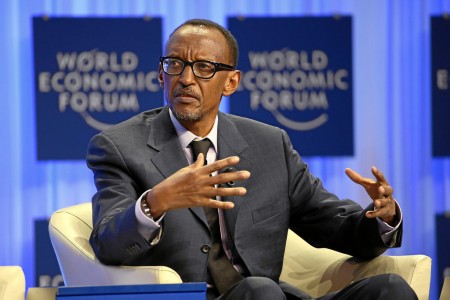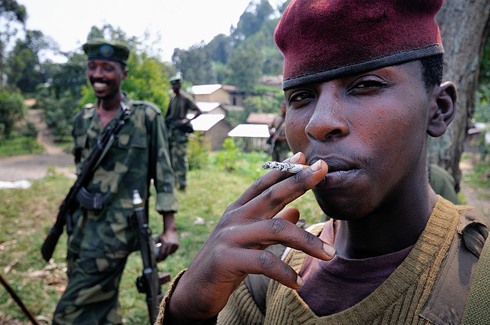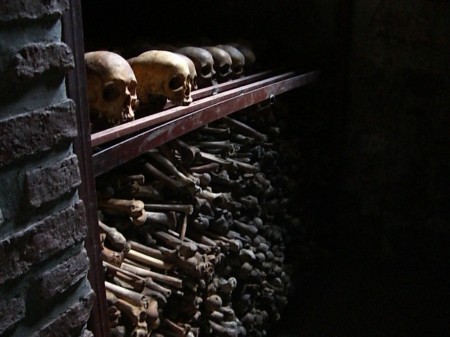
Editor’s note: This article was originally published by the Institute for Security Studies (ISS) on 30 March 2014.
South Africa is conducting a fairly delicate struggle with Rwanda, trying to choreograph and coordinate complex moves to manage the difficult and dangerous President Paul Kagame – on the hard streets of Johannesburg, in the polite halls of diplomacy, in the courts of law, and, by proxy, on the field of battle.
On Tuesday this week the terrain of this struggle moved to multilateral diplomacy in Luanda, where President Jacob Zuma once again attended a summit of the International Conference on the Great Lakes Region (ICGLR). South Africa is not a member of this body, but Zuma has become a sort of country member, having been invited to the last few summits as a special guest.



